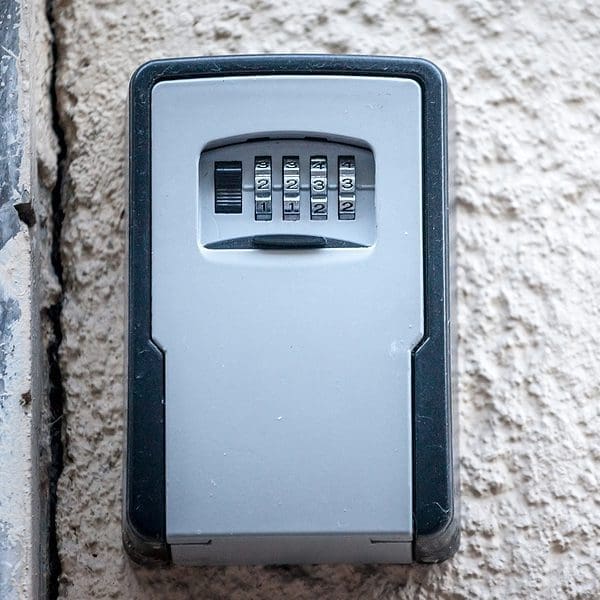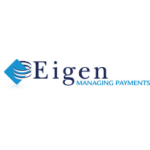 Hotel guest behavior will never be the same from COVID-19 and, while 2022 is a recovery year, hotels must start to prioritize certain technologies as these transitions take hold. As we will demonstrate, many of the influences on changing guest behavior are now being driven by short-term rentals and alternative providers, and not just leading hotel brands. That means it’s just as much defense as it is offense. For the next two business quarters, flexibility is necessary in accommodating guests who prefer new methods of interacting with a hotel versus those that still want more traditional service.
Hotel guest behavior will never be the same from COVID-19 and, while 2022 is a recovery year, hotels must start to prioritize certain technologies as these transitions take hold. As we will demonstrate, many of the influences on changing guest behavior are now being driven by short-term rentals and alternative providers, and not just leading hotel brands. That means it’s just as much defense as it is offense. For the next two business quarters, flexibility is necessary in accommodating guests who prefer new methods of interacting with a hotel versus those that still want more traditional service.
What we’re finding is that demand for a mobile-first hotel experience is sharply on the rise – check-in, check-out, room entry, folio settlement and virtual concierge all done from the phone. It’s just too convenient for many guests who are so accustomed to using their phones for everything else. For further insights into the ‘why’ and ‘how’ for this necessary tradition over the next few years, we interviewed Robert Stevenson, CEO at INTELITY, to discuss mobile app solutions and how brands can future proof their properties for the decade ahead.
“Some hoteliers are hesitant to allow travelers to complete everything from their phones because we believe, besides the security implications, that it’s removing the ‘human touch’ from the service equation,” noted Stevenson. “In reality, it’s the opposite. With a frictionless app you’re giving guests what they want right away. Then with full support from GEMS (Guest Experience Management System), service delivery ticks up due to better back-of-house communications.”
Besides service, you must now factor in the growth and permanency of home sharing accommodations, namely Airbnb. As more and more travelers from all demographics come to accept the experiences offered by these alternate lodging providers as the norm, the more all travelers will come to expect the same service offerings from traditional hotels. And these short-term rentals already handle most procedural aspects of the experience from the phone, making these guests wonder why they ever needed a front desk in the first place. No front desk means no waiting in line to check-in, more anonymity and, above all, more convenience.
“Top brands are embracing how a mobile-first hotel can boost the guest experience because staff are freed from lots of minute tasks, making service delivery faster and more accurate,” continued Stevenson. “Mobile apps don’t eliminate the rapport-building aspect of front desk operations, but only the transactional conversations.”
This is a good term to think over for the post-pandemic era. By ‘transactional’, we are referring to those parts of a conversation that are mechanical and don’t engender the guest to the brand. “Will that be cash or card?” is one such example. By automating these, you free up your team to really connect with the customer on an emotional or ‘human’ level. And indeed, you can quantify the inconvenience for the guest from these transactional conversations by comparing satisfaction scores, brand loyalty and ancillary revenue capture whereby guests spend more due to the frictionless nature of a branded app.
Then consider three other benefits from eliminating these transactional elements:
- Less time needed for some of the tedious aspects of the job, increasing productivity elsewhere while also allowing associates to spend more quality time in a less harried state with guests
- Heightened motivation due to the more nonrepetitive nature of each frontline role, resulting in reduced staff churn and presenteeism where employees are physically present but disengaged
- Ability to maintain service standards and amenity offerings with fewer associates overall, which is critical for rapid upswings in occupancy like during travel recovery scenarios
Beyond the near-term travel recovery, a big question mark is whether these upgrades will soon be out of fashion – a yo-yo back to traditional service demands. Closing out the conversation with Stevenson, we devised some tips on how brands can future proof their properties via adaptive tech stacks.
Here are some features and functions to consider when upgrading your systems:
- Convenience matters most to guests and they will always gravitate to brands that create as frictionless an experience as possible, especially by eliminate the transactional elements
- With no end in sight for the current labor shortage, automation and AI-based tools must be continually rolled out to enhance service without simultaneously increasing the burden on staff or managers
- Integration flexibility via open APIs (application programming interfaces) and available SDKs (software development kits) so that you can keep building bridges between different systems to heighten communications and merge data tables for better analytics and personalization
- With the trend towards total revenue per guest (TRevPAR instead of RevPAR), the ability for software to increase packaging, upselling and cross-selling becomes instrumental
- Embedded tools to reinforce branding (such as white-labeled yet customizable apps), continue the relationship post-stay and to incentivize loyalty program adoption by augmenting, or even gamifying, the rewards available to guests
This article may not be reproduced without the expressed permission of the author.
































